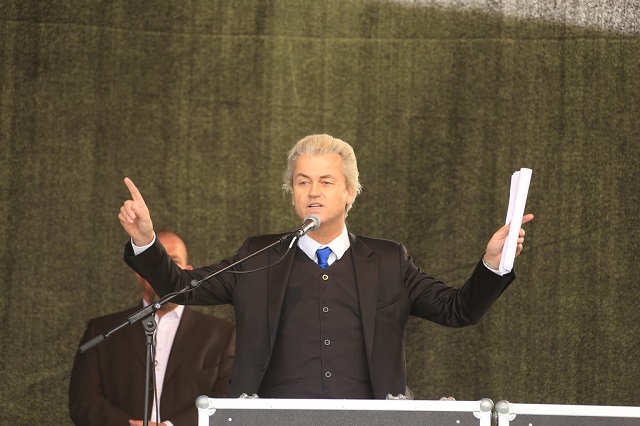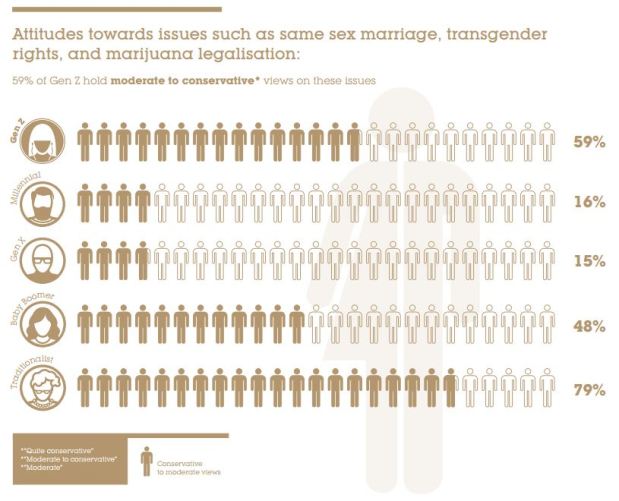It's A Movement: 'Nationalists and Populists Poised to Dominate European Balloting'Chris MenahanInformationLiberation Oct. 20, 2016 |
Popular 
Trump Confronts South African President on White Genocide

Israeli PM Netanyahu: Trump Told Me 'I Have Absolute Commitment to You'

Trump, After Rearming Israel, 'Frustrated' With Netanyahu for Expanding War

CNN: U.S. Officials Say Israel Preparing Possible Strike on Iran

Rep. Randy Fine: Pro-Palestine Movement Are 'Demons' Who 'Must Be Put Down by Any Means Necessary'
  When Trump says he's leading a movement, he's right, and it's global in scope. When Trump says he's leading a movement, he's right, and it's global in scope. As leftists have dominated our culture for 70+ years and left us with nothing but gay marriage and trans-bathrooms to show for it, a massive backlash is brewing. From Bloomberg: As Europeans assess the fallout from the U.K.'s Brexit referendum, they face a series of elections that could equally shake the political establishment. In the coming 12 months, four of Europe's five largest economies have votes that will almost certainly mean serious gains for right-wing populists and nationalists. Once seen as fringe groups, France's National Front, Italy's Five Star Movement, and the Freedom Party in the Netherlands have attracted legions of followers by tapping discontent over immigration, terrorism, and feeble economic performance. "The Netherlands should again become a country of and for the Dutch people," says Evert Davelaar, a Freedom Party backer who says immigrants don't share "Western and Christian values."  There's a second test of populist muscle on Dec. 4, when Italy holds a referendum on constitutional changes proposed by the government of Prime Minister Matteo Renzi. Five Star is the leading opposition to the government's plan to cut the number of seats in Parliament's upper chamber and limit its powers, a move Mr Renzi is seeking to speed action on economic reforms. With the prime minister threatening to resign in the event of a "no" vote, growth-enhancing measures such as a corporate tax cut and help for Italy's fragile banking system could be off the table. "You might end up having a political crisis on top of an economic slowdown and a banking mess," says Bloomberg Intelligence economist Maxime Sbaihi. "Suddenly, stars could align for the worst."Not only are there massive shifts currently occurring politically, but Western youth are shifting hard right for the first time since WW2.  There's only so much stuff like this a people can take:  Follow InformationLiberation on Twitter and Facebook. |



